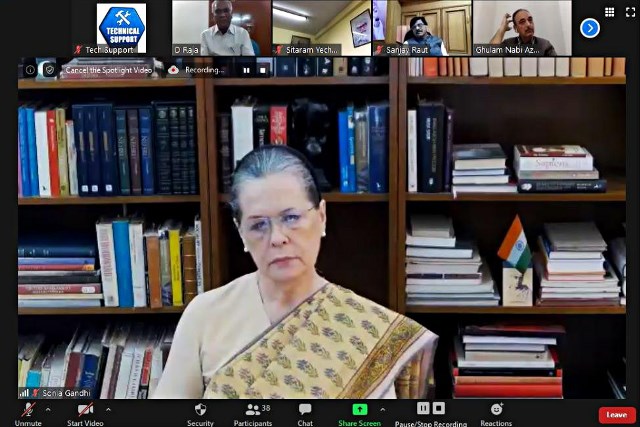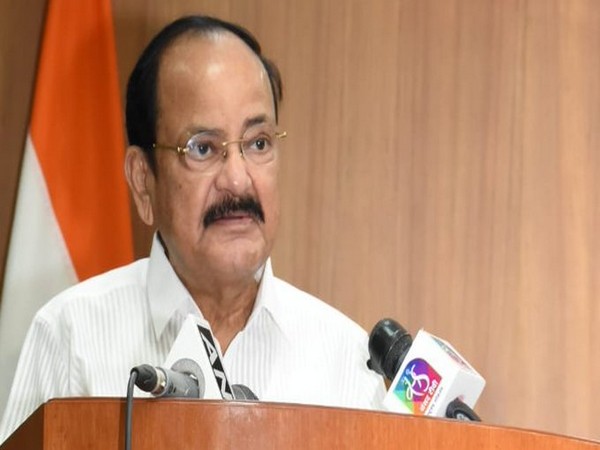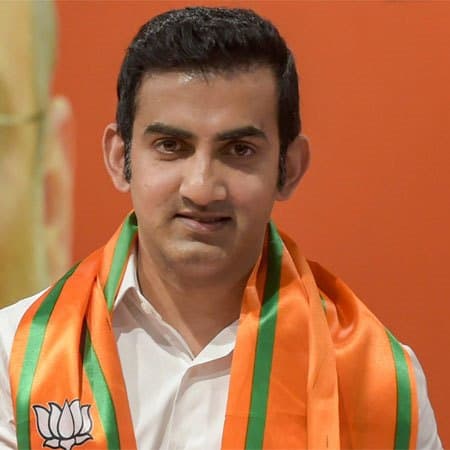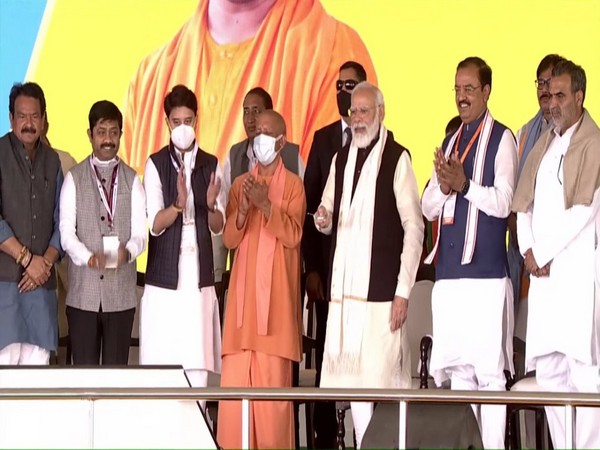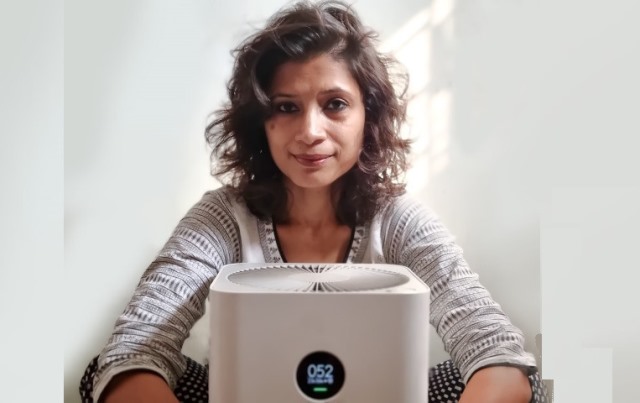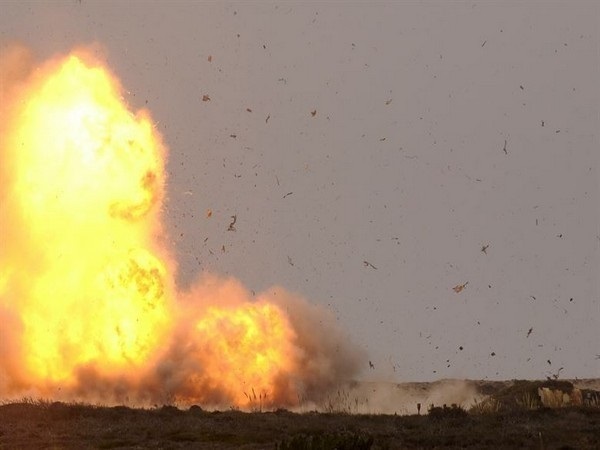In a bid to ensure the safety and security of sea waters post the 26/11 Mumbai terror attack that left at least 174 people including 20 security force personnel and 26 foreign nationals killed and more than 300 people injured, the Indian Coast Guard (ICG) has conducted more than 300 Search and Rescue coastal security exercises and operations.
These exercises were conducted in coordination with the coastal state authorities and the ICG conducts similar exercises every six months as a result of which people linked to the exercise developed the skills and competency.
The ICG shared the inputs at a time when the country on Friday will observe the 13th anniversary of the Mumbai terror attack carried out on November 26, 2008, by 10 gunmen who were believed to be connected to Lashkar-e-Taiba, a Pakistan-based terrorist organization.
Armed with automatic weapons and hand grenades, the terrorists targeted civilians at numerous sites in the southern part of Mumbai, including the Chhatrapati Shivaji railway station, the popular Leopold Cafe, two hospitals, and a theatre. While most of the attacks ended within a few hours after they began at around 9.30 pm on November 26, the terror continued to unfold at three locations where hostages were taken–the Nariman House, where a Jewish outreach centre was located, and the luxury hotels Oberoi Trident and Taj Mahal Palace and Tower.
Sharing the input on the sideline of the 19th National Maritime Search and Rescue Board (NMSARB) meeting, ICG Director General K. Natarajan said, “Post 26/11 incident, the government of India has brought in various reforms and the Indian Coast Guard has been made responsible for the coastal security aspects and the DG Coast Guard has been made the commander of the Coastal Command. As a result of which the Indian Coast Guard has promulgated Indian Standard Operating procedures and interacting with all stakeholders to ensure that our waters are safe and secure.”
“We are not only looking into the seas, but we are also coordinating with the land agencies so as to ensure that no one is in communication with people across the borders and they do not enter into our border,” Natrajan said.
The ICG Director General further said, “as a result of which we have conducted more than 300 Search and Rescue coastal security exercises and coastal security operations in coordination with the state authorities”.
“We are conducting these exercises with each coastal state every six months. Sometimes, we manage to have two coastal states together and try to do an exercise. As a result of which everybody has developed the skills and competency. Today, every citizen is aware living in the coastal belt that they have to protect their water and they have to be conscious about the security. And the information is available to all agencies.”
The officer further said that synergy and coordination is the only “mantra” (key) that will ensure that no incident of this nature will happen in future.
“We are conducting exercises on regular basis; the entire coastal stretch of 7,516 km is well protected, ensuring that every boat which is going out of the sea is checked during this period,” the ICG Director-General said.
“All of mechanism is in place to ensure that such incident does not happen again. The mechanism put in place by the Indian Coast Guard and other agencies is effective and will continue to deliver us good results.”
When asked about drugs being pushed by Pakistan through sea routes, the officer said, “We all know that most of the consignments move from the Makran coast (a coastal region of Baluchistan). We have certain amounts of information and intelligence towards that. We work in close synergy with various agencies as a result of which the Indian Coast Guard continues to maintain the surveillance of sensitive borders be it with Pakistan, Sri Lanka and Bangladesh.”
“Our presence is always there…We are maintaining surveillance on over 2.01 million square kilometres. The result of which is that we have apprehended more than 3.5 tonnes of drugs through sea route. The activities which used to happen close to the Gujarat coast or Lakshadweep have moved away beyond the equators. And that is the success,” he added.
Besides, the ICG Director-General said the Indian Coast Guard collaborates with various agencies like Narcotics Control Board, state fisheries authorities, state intelligence as well as national intelligence agencies.
Subsequently, he further said, the ICG has “joined hands with neighbouring countries like Sri Lanka, Maldives and other nations”.
“As a result of collaborative effort and cooperative mechanism, we have prevented drugs getting into Sri Lanka and Maldives. As a result, over 15,000 drugs have been seized in the last few years not only by India but also by Sri Lankans as well as the Maldives. We are doing our best and we will continue to do our best making sure that sea and waters are safe and secure,” he said
The ICG Director General shared the input at the one-day NMSARB annual meeting started here in the national capital comprising its 31 members from various ministries, agencies, all Coastal States and Union Territories to discuss policy issues, formulate guidelines and procedures and assess the efficacy of National Search and Rescue Plan. (ANI)

